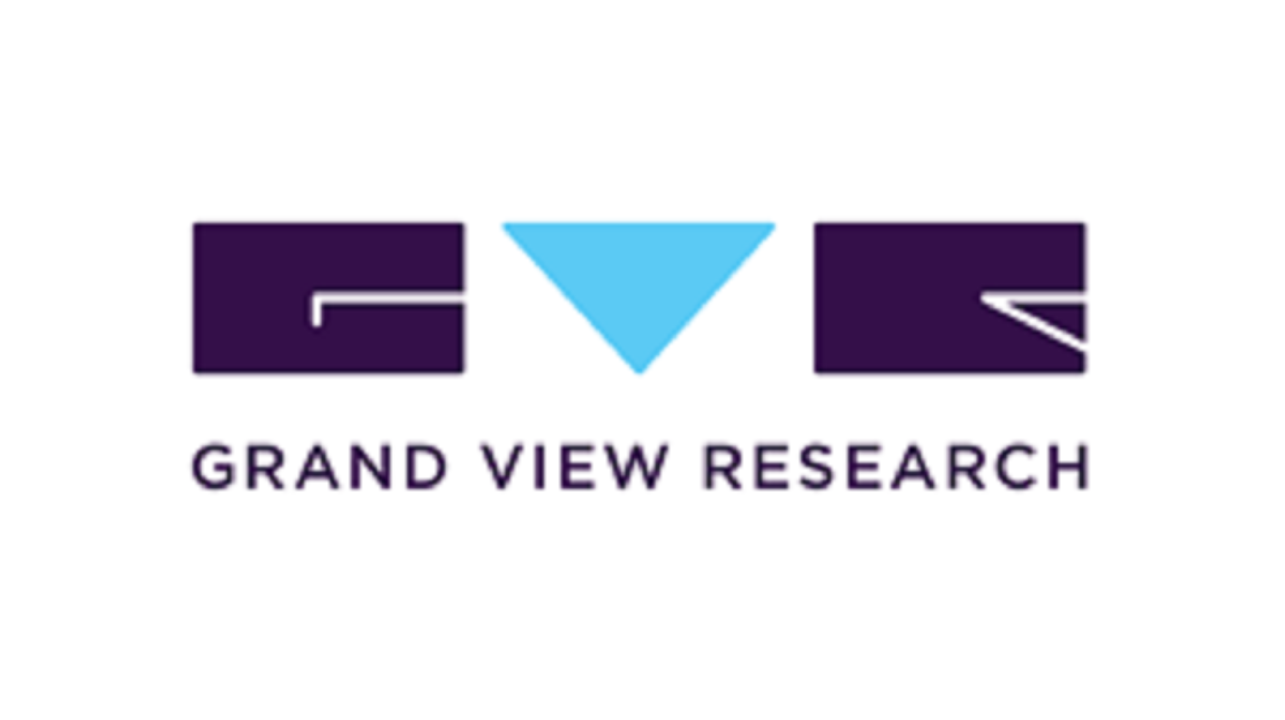The global immunohistochemistry (IHC) market was valued at USD 2.33 billion in 2022 and is projected to expand at a compound annual growth rate (CAGR) of 5.8% from 2023 to 2030. Several key factors are driving this market growth. One of the primary contributors is the increasing integration of automation and machine learning in immunohistochemistry, alongside the development and introduction of advanced IHC solutions. These technological advancements are expected to play a significant role in accelerating market growth throughout the forecast period.
In addition to technological improvements, advancements in IHC protocols have led to a notable rise in demand for these services, particularly in disease diagnosis. IHC is now an essential tool in diagnosing a variety of diseases, especially cancers, and its ability to identify specific biomarkers in tissue samples has made it indispensable in modern pathology. Furthermore, the growing number of product approvals and the introduction of next-generation immunohistochemistry systems are expected to provide additional momentum to the market.
Another emerging trend is the development and adoption of newer IHC techniques, such as multiplexed IHC. This approach allows for the simultaneous analysis of multiple biomarkers from a single tissue sample, providing a more comprehensive and detailed understanding of disease at the molecular level. Multiplexed IHC utilizes advanced methods like mass spectrometric detection, which addresses some of the technical limitations associated with traditional fluorescence-based detection methods. This innovation has contributed to increased market revenues by offering enhanced analytical capabilities for researchers and clinicians.
Gather more insights about the market drivers, restrains and growth of the Immunohistochemistry market
Regional Insights
The global immunohistochemistry (IHC) market is segmented by region into North America, Asia Pacific, Europe, Latin America, and Middle East & Africa. Among these regions, North America led the market in 2022, accounting for more than 38.39% of the total global revenue. Several factors have contributed to North America's dominance in the IHC market.
Key drivers include the presence of major market players within the region, which has fostered innovation and a competitive landscape, ensuring that IHC solutions are readily available and continually improved. Additionally, North American healthcare facilities and research institutions are quick to adopt advanced IHC technologies, leading to faster integration of cutting-edge tools in clinical and research settings. The region has also witnessed the launch of several new IHC solutions, further fueling market growth.
For example, in June 2021, PathAI, a U.S.-based developer specializing in AI-powered technology for pathology, showcased an innovative machine learning-based quality control tool specifically designed for HER2 testing in breast cancer. This tool was presented at the American Society of Clinical Oncology's Virtual Scientific Program, underscoring the region's emphasis on technological advancements that enhance diagnostic precision. Such innovations highlight the region's pivotal role in advancing the IHC field, particularly in the context of cancer diagnostics.
On the other hand, the Asia Pacific region is expected to experience the fastest growth in the IHC market over the forecast period. This rapid growth can be attributed to the increasing presence of global IHC companies expanding their operations in Asia, particularly in countries like India and China. These nations are seeing rising investments in healthcare infrastructure and the expansion of medical research, which contributes to the growing demand for IHC technologies.
Moreover, Asia's large and diverse patient population offers a significant advantage for conducting IHC research and development (R&D). Countries like India and China have a large number of clinical subjects available for IHC-based diagnostic assays, which drives the demand for more advanced immunohistochemistry solutions. This combination of factors – from the geographic expansion of global players to the large clinical subject pool in key countries – is expected to lead to a substantial increase in IHC market revenue in the Asia Pacific region.
Browse through Grand View Research's Biotechnology Industry Research Reports.
• The global plasma fractionation market size was estimated at USD 35.8 billion in 2024 and is projected to grow at a CAGR of 8.5% from 2025 to 2030.
• The global monoclonal antibodies market size was valued at USD 210.06 billion in 2022 and is projected to exhibit a compound annual growth rate (CAGR) of 11.04% from 2023 to 2030.
Key Companies & Market Share Insights
As demand for IHC assays, particularly in cancer diagnostics, continues to rise, leading companies in the field are taking various strategic actions to strengthen their positions in the market. These strategies include launching new products, forming mergers and acquisitions, and expanding their operations into new regional markets.
For example, in March 2023, Aptamer Group launched a new reagent solution called Optimer-Fc, designed specifically for use in automated immunohistochemistry workflows. This new solution is expected to open up new opportunities for the development of emerging biomarkers in diagnostics and research, thus helping to expand the company’s market reach.
Another notable development occurred in January 2021, when Abcam and Shuwen Biotech entered into a strategic alliance focused on developing and commercializing companion diagnostics (CDx). As part of the collaboration, Abcam is providing recombinant rabbit monoclonal antibodies to Shuwen Biotech, which will be used for further immunohistochemical verification. This partnership exemplifies how key market players are not only investing in product development but also in strategic collaborations to advance the application of IHC in personalized medicine and cancer diagnostics.
Some prominent players in the global immunohistochemistry market include:
• Thermo Fisher Scientific Inc.
• F. Hoffmann-La Roche Ltd.
• Merck KGaA
• Danaher Corporation
• Perkinelmer, Inc.
• Bio-Rad Laboratories, Inc.
• Cell Signaling Technology, Inc.
• Bio SB
• Agilent Technologies, Inc.
• Abcam plc.
Order a free sample PDF of the Immunohistochemistry Market Intelligence Study, published by Grand View Research.


